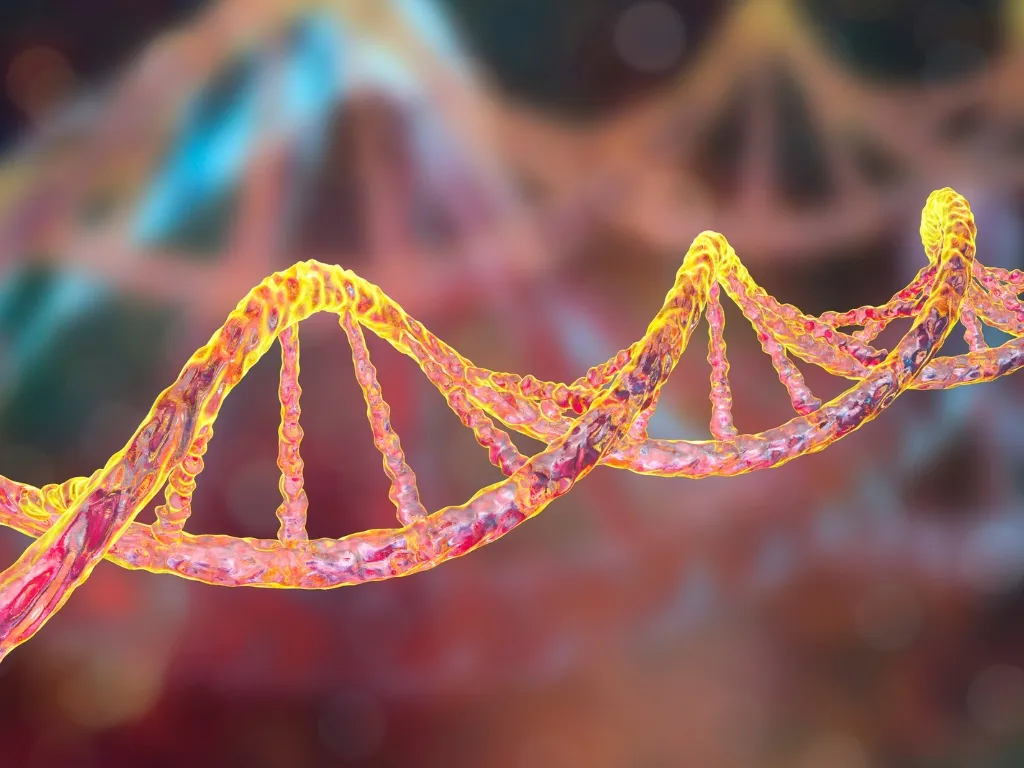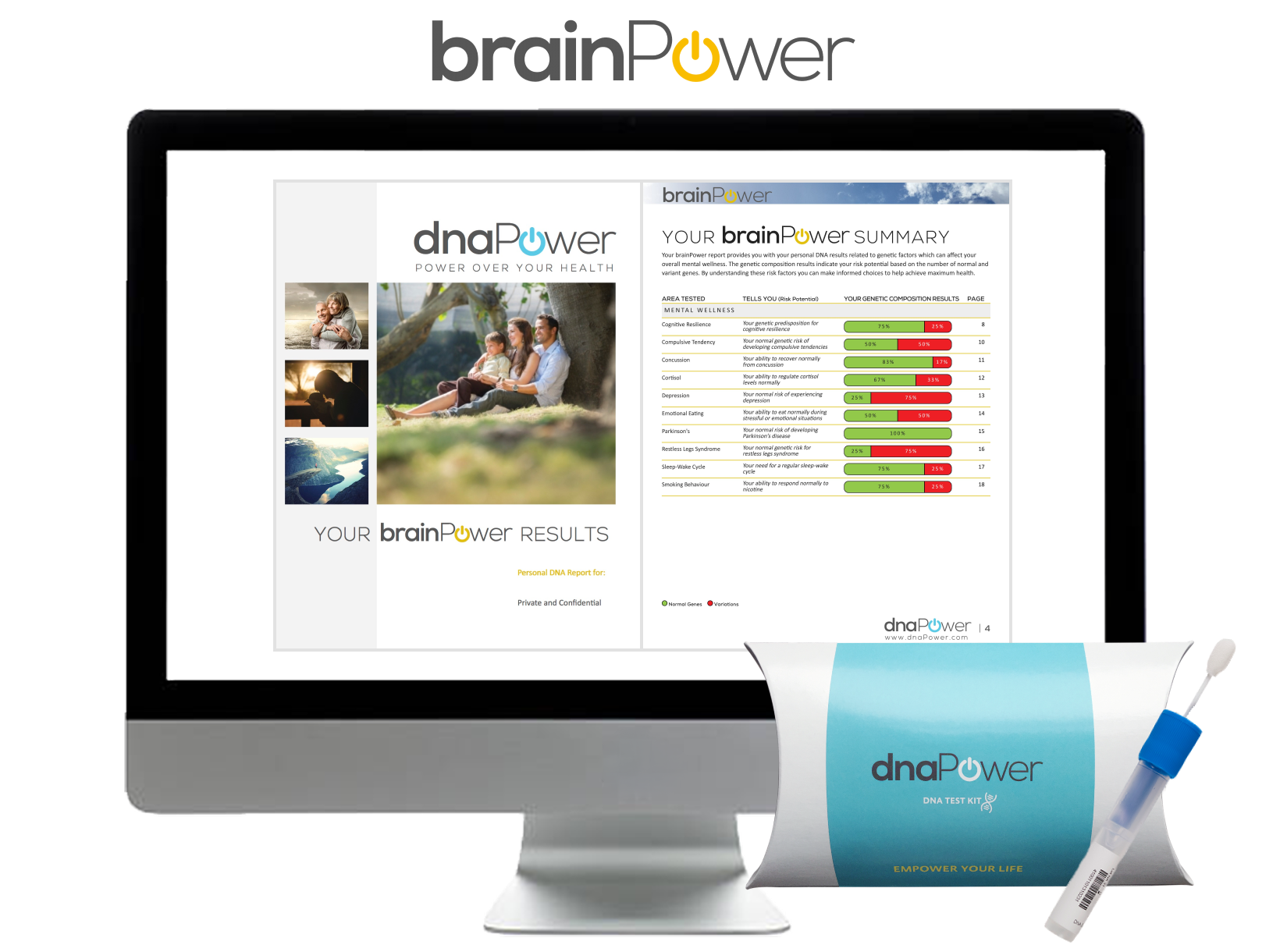
The APOE gene often makes headlines for its link to Alzheimer’s disease. While that connection is real, it’s only a small part of a much bigger story. This gene is not inherently ‘good’ or ‘bad.’ It’s a gene with different variations (alleles) that can influence your health risks. To get the full picture, you have to look beyond the scary headlines and ask: “What is the APOE gene? And why should I care?“.
This article provides the clear and complete information you need to feel empowered.

First, it is important to know that this is not a “sickness gene.” Instead, think of it as an instruction manual for your body. This specific gene tells your body how to make a protein called apolipoprotein E.
So, what does APOE do? Its main job is to move fats and cholesterol around your body. This is very important for keeping your cells healthy and making sure your brain works correctly. It also helps your brain heal from stress or injury.
At dnaPower, our goal is to make this complex information easy to understand and act on.
Everyone gets two copies of the APOE gene, one from each parent. The combination of these two copies is your APOE genotype.
There are three main versions, or “alleles,” of this gene. You can see the full range of available DNA tests and their benefits on our products page.
Here is a simple breakdown of the alleles:
This is a protective version. People with this allele often have a lower risk of developing late-onset Alzheimer’s disease.
This is the most common version, and scientists call it “neutral.” If you hear someone ask what does APOE 3/3 mean, they are talking about having two copies of this standard version. It’s the most common type and is not linked to higher or lower health risks.
This version of the gene is a risk factor. So, what does APOE 3/4 mean? It means a person has one copy of the neutral e3 allele and one copy of the e4 risk allele. Having even one e4 copy can increase certain health risks.
However, it is very important to remember that having the APOE4 allele is just a risk factor; it is not a diagnosis.
You can explore your comprehensive health picture with advanced genetic panels like methylation testing, which provides a broader view of your body’s processes.
Wondering how to test for APOE? The answer is simple: an easy saliva or blood test. Once you have this information, you can take control of your health.
Knowing your genotype is the first step towards a personalized health plan, and comprehensive DNA kits like TotalPower can give you a full report on your genetic predispositions.
Learning about your genetics can bring up a lot of questions. It’s a good idea to talk with a doctor or a genetic counselor. They can help you understand your results and what they mean for you and your family.
This professional guidance is an important part of the process. If you have questions or want to understand the next steps, feel free to contact us.

Your health story is written in two parts: your genetics and your lifestyle. The APOE gene is the first chapter, but your daily choices write the rest of the book. Learning the answer to “What is the APOE gene? And why should I care?” is about understanding that first chapter. From here on, you are the author, empowered to write a healthy, vibrant story for yourself.
Author Bio:
Inspired by a personal family health journey, Lois Nahirney founded dnaPower to help people move beyond generic wellness advice. She is passionate about empowering individuals with science-backed, personalized insights from their own DNA. Her mission is to help everyone take proactive control of their health.

Total Power
USD $375

Brain Power
USD $225
Dr. Lois Nahirney founded dnaPower after a personal family health journey. She is dedicated to making the science of genetics simple and actionable. Her mission is to empower everyone with the knowledge to control their well-being.
Get weekly updates on the newest DNA stories, case studies and tips right in your mailbox.